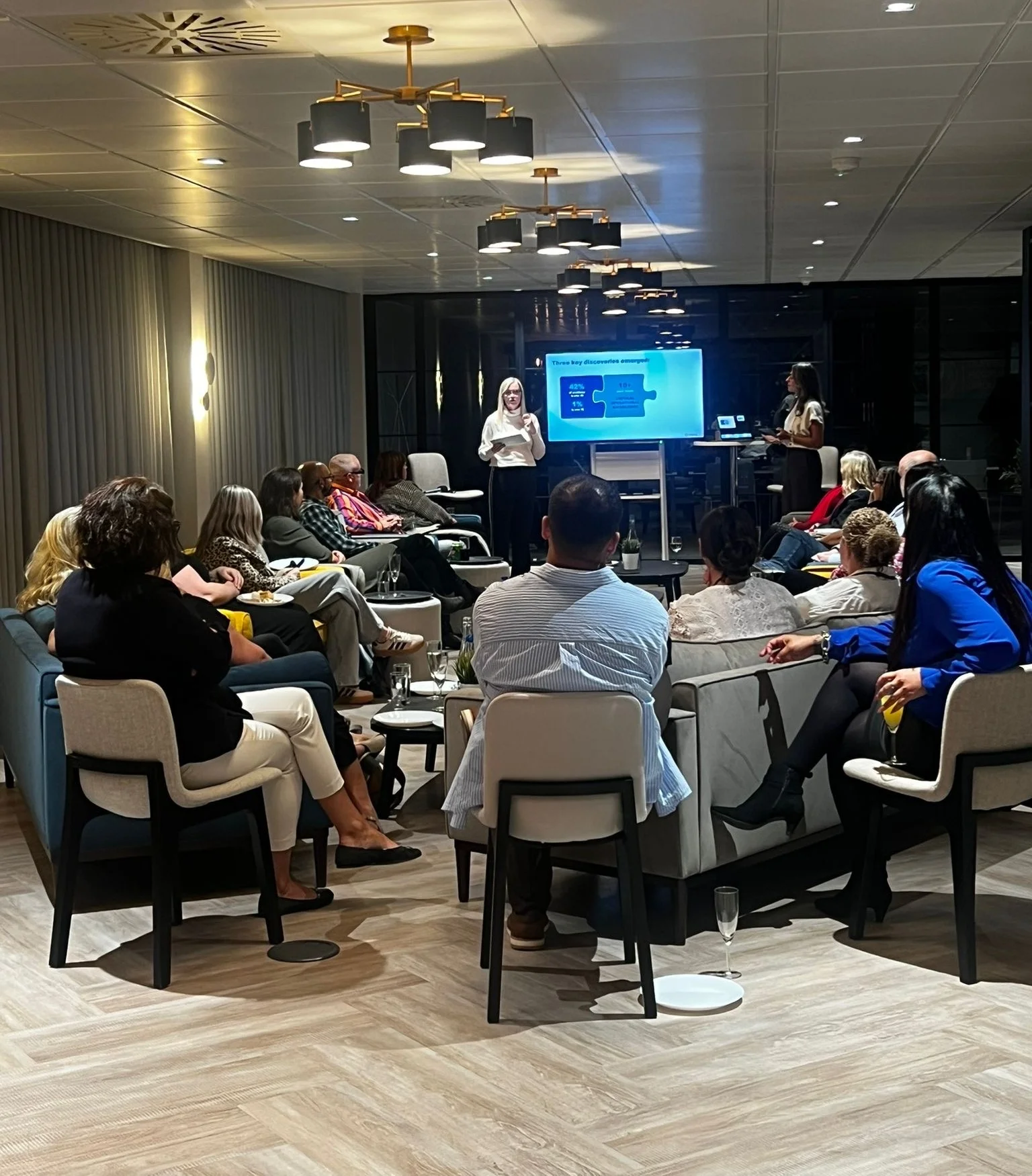
“Have a little confidence.”
“Confidence is key.”
“You just need to try and be more confident!”
You’re probably familiar with these phrases, right? And, if you struggle with confidence, then you’ve more than likely been on the receiving end of at least one of the above. But confidence isn’t something many people can just turn on when they feel like it. Confidence is a skill you build over time. Our experiences impact how confident we are – for example, if you repeatedly complete a task successfully, you will likely grow more confident each time you approach the task. However, knock backs happen and when things go wrong, confidence can take a hit, impacting other areas of our lives.
Data reveals that 93% of people believe self-confidence is critical to professional success, but it’s worth remembering that even the most successful people sometimes lack confidence.
Here, we explore 4 ways you can assert yourself in the workplace and build the confidence that will help you pursue a successful career.
1) Remind yourself of your strengths (often!)
Most of us find it quite difficult to sing our own praises. While it may not come naturally to you, it is important to remember your strengths and achievements and remind yourself of them often! List out your key achievements or strengths and skills you are particularly proud of. When self-doubt comes knocking, revisit your list. It will act as a useful reminder of what you are good at and everything you have achieved in your career so far. Sometimes taking it back to basics and remembering the things we are good at is a quick and easy way to boost confidence and give us the kick needed to take on the next challenge.
2) Set clear goals and stick to them
Confidence grows when we complete what we set out to do. Easier said than done, I know, but you need to prove to yourself that you can do the task at hand to grow your confidence. Start with small, achievable goals to prove your discipline and your skill. Then slowly start to set yourself bigger goals.
It’s important to remember that you won’t get everything right all the time. There will likely be setbacks but, rather than let this impact your confidence, aim to learn from any mistakes you have made and put those lessons to use when you try again. Resilience really is key when it comes to confidence – keep at it because the more you try, the more you’ll learn and the more likely you are to grow your confidence and achieve your goals.

3) Lean on your professional network for support and feedback
Don’t underestimate the power of a strong professional network. From work colleagues to mentors, be sure to lean on your professional contacts to help grow your confidence.
Learn from your colleagues and their experiences. You may find that in your team there are people who have worked in different industries or at different levels. Utilise their knowledge and learn from their experiences.
Many professionals' benefit from mentoring. This outside perspective can be super valuable, helping you view situations differently and giving you a safe space to voice concerns or seek advice. They can also offer you valuable feedback that could help you grow your confidence.
If you are looking for feedback on an idea or piece of work, you could share your thoughts with a relevant community group – this could be on LinkedIn, for example, or at a networking event. This is a great way to gain feedback from a diverse group of people. Good feedback will reassure you that you are on the right track, while constructive feedback should be used to help you improve your work or think about it from a different perspective – either way, both types of feedback can be extremely useful.
4) Be sure to listen
Confidence doesn’t always mean talking the loudest. Listening is an underrated skill and can support you on your quest for confidence. Active listening in the workplace can help you understand team dynamics and is a good way to assess the situation before contributing your insights. You are then more likely to contribute something of value and have a positive impact, a great boost for your confidence.
Listening will ultimately help you learn more, and the more you know the more confident you are likely to be.
Conclusion
So, as you’ve probably gathered, confidence isn’t something you can develop overnight. It takes time, experience and, often, a lot of mistakes which you should aim to learn from. Start by listing out your strengths and achievements so you can remind yourself of all the things you are great at – an instant confidence boost. Set those goals and stick to them! You may fail a few times before achieving your goal but proving to yourself that you can do the ‘hard thing’ will undoubtedly improve your confidence.
A supportive network is also key; learn from other professionals and ask for their feedback so you can improve your skills. And be sure to listen – the loudest person in the room may seem like the most confident, but there is so much power in sitting back, assessing, listening and then sharing your opinion.
Need more advice on developing confidence in the workplace? Here are 5 signs you may be experiencing imposter syndrome and how you can tackle it. If you’re keen to build the confidence to secure a promotion, here are 5 tips that could help.



